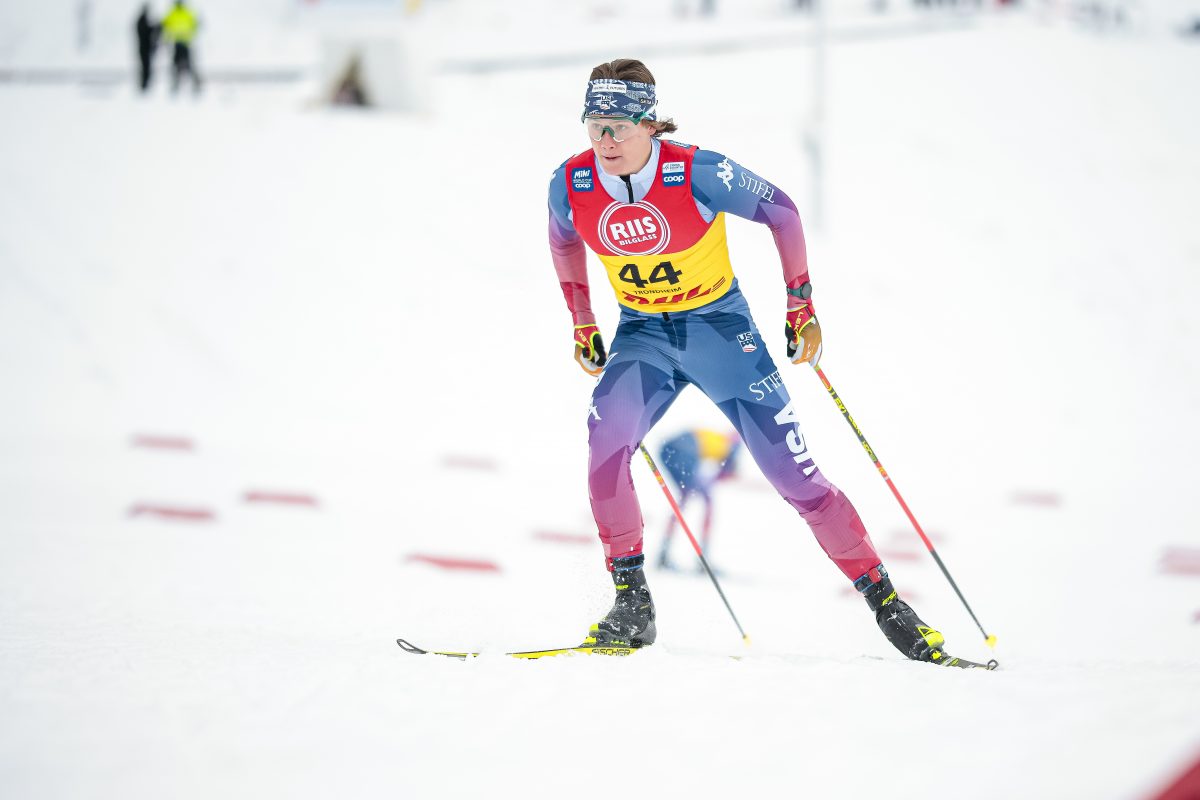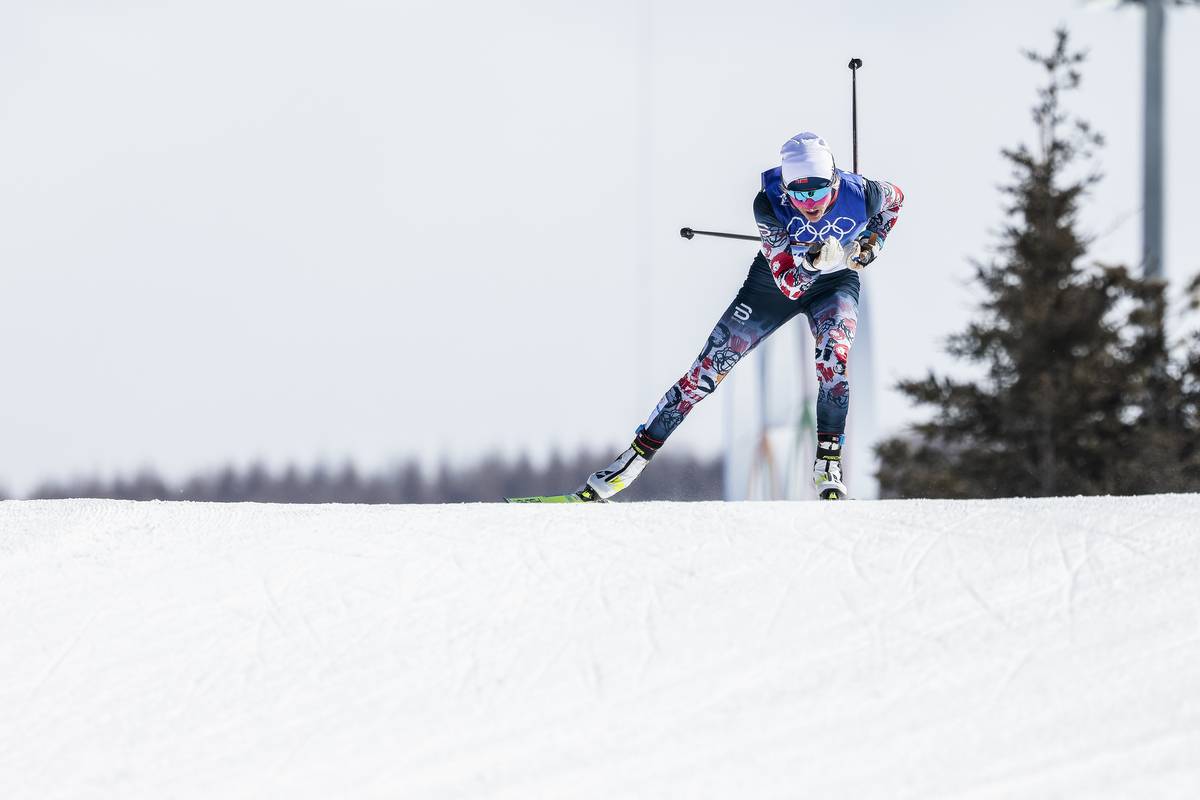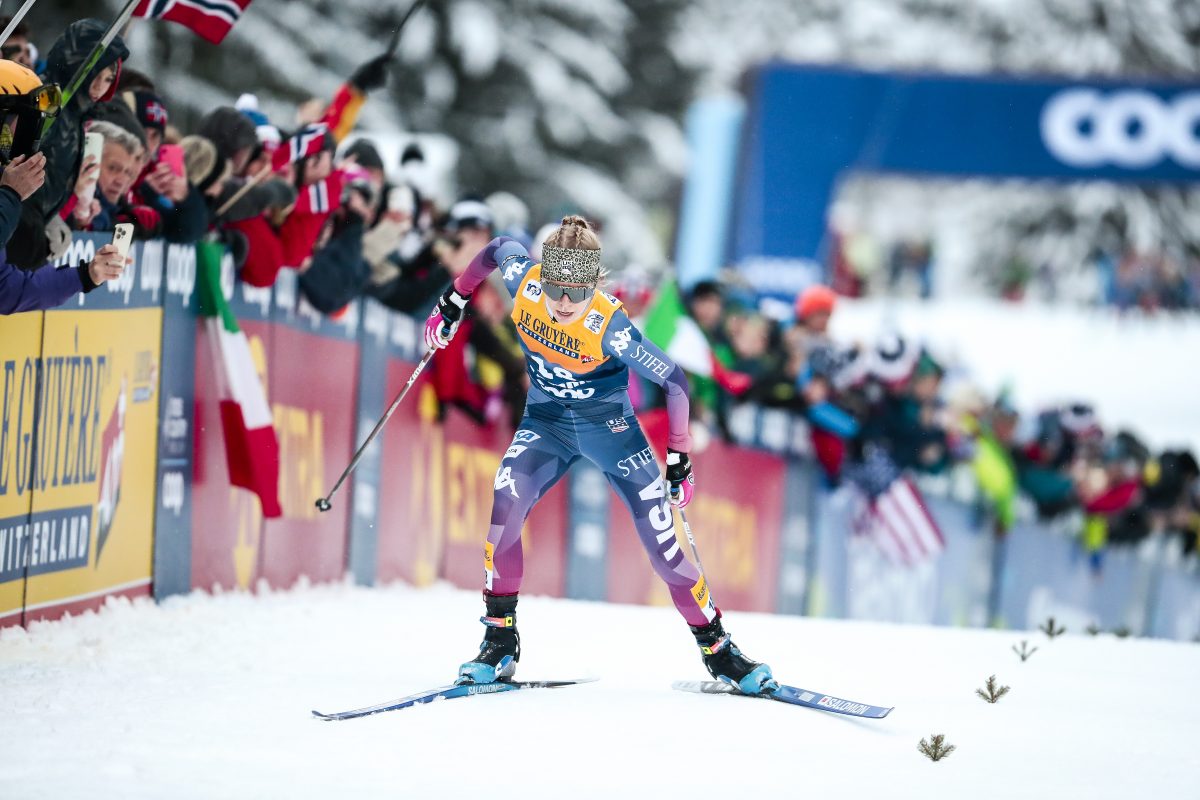Orienteering can be compared with Cross-Country skiing both in competition time and terrain. With the exception of the new sprint and park-orienteering formats with 15-min competition times, most of the competitions last from 30 minutes to 1:30 hours. The sport is also held in typical ski terrain, with uphills, downhills and flat sections. The orienteering competition season is a bit longer than for Cross-Country skiers, starting in March/April and ending in October. The base-training season is thus in November until March/April.
– During the base-training period I prioritize volume, as well as 2 — 3 interval session per week, says Bernt Bjœrnsgaard. These intervals are always threshold intervals, avoiding a large lactate buildup.
. Bernt however is focusing on training camps in middle-Europe where he can find technical off-trail running with map and compass.</p>
<p>When the competition season nears, the training becomes more intensive.<br />
– As the season starts, I train less volume and in the intensive/interval sessions I go as hard as I can. The first two competitions I use as part of the training towards the more important ones.</p>
<p>In addition to the aerobic training, Bjœrnsgaard also focuses on explosiveness (“spenstâ€), and spends 2 — 3 sessions per week where this is included. Strength training is achieved by all the running, so with the exception of some general strength this area is not prioritized.</p>
<p><B>The last amateurs</B><br />
The biggest difference between orienteering and Cross-Country skiing is perhaps in the financial situation. While most of the best Cross-Country skiers can survive through stipends, sponsors and prize money, there are hardly any financial benefits associated with orienteering. This means that most everyone is forced to work to support his or her elite sport involvement. This is a situation that Bernt and other world class orienteering runners have accepted, and try to do the best they can with.</p>
<p>– Of course it would be better to be a full-time athlete and be able to train more and have a stronger focus. Now it becomes more off and on. What we notice the most is the lack of recovery. However, with being used to always doing something, being training, work or studies, perhaps we need less rest and recovery than Cross-Country skiers?<br />
– To take a nap or sleep between daily training sessions is something I hardly ever have done</p>
</div></div><!-- /btArticleContentInnerInner --><section class=)



